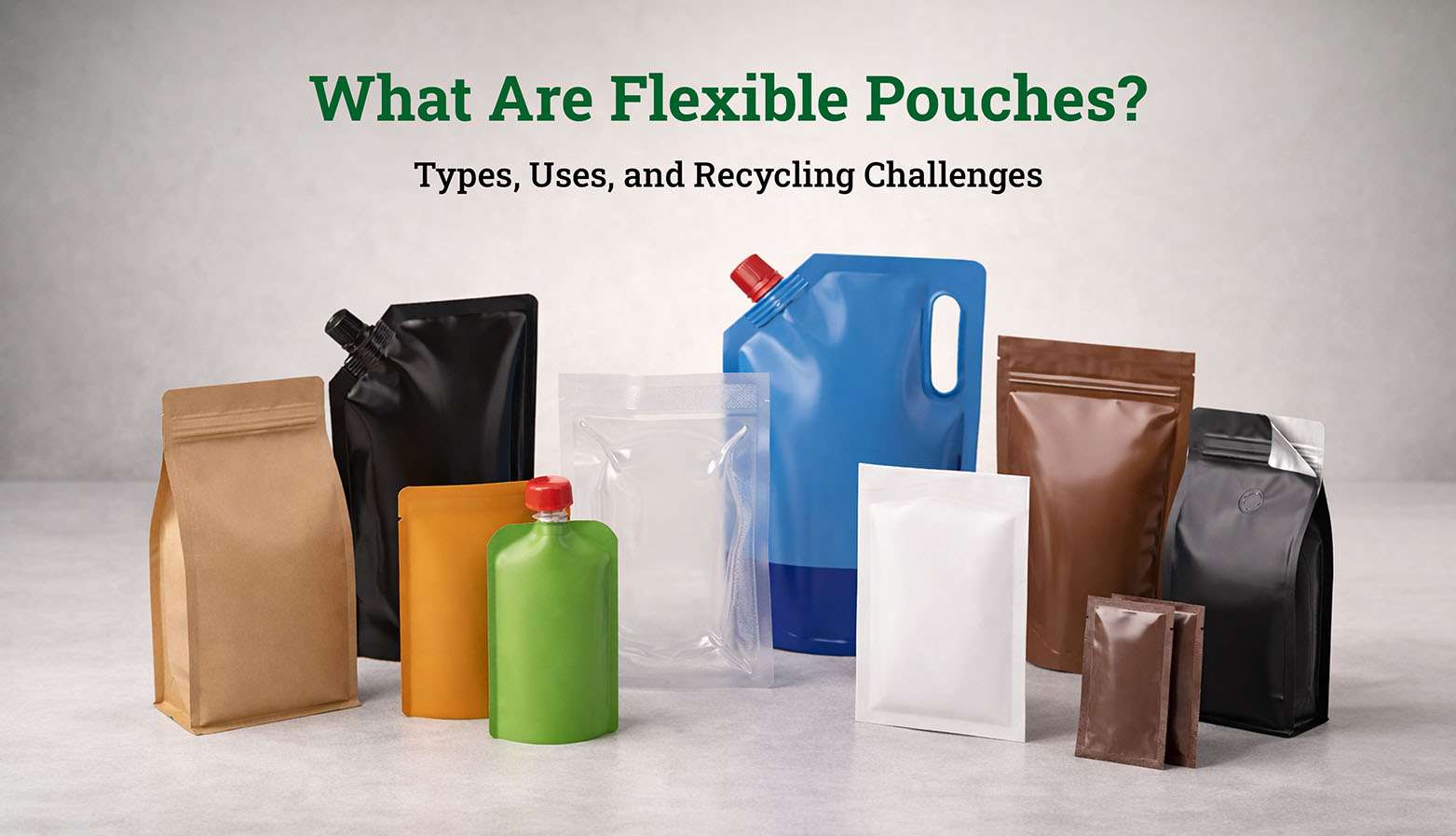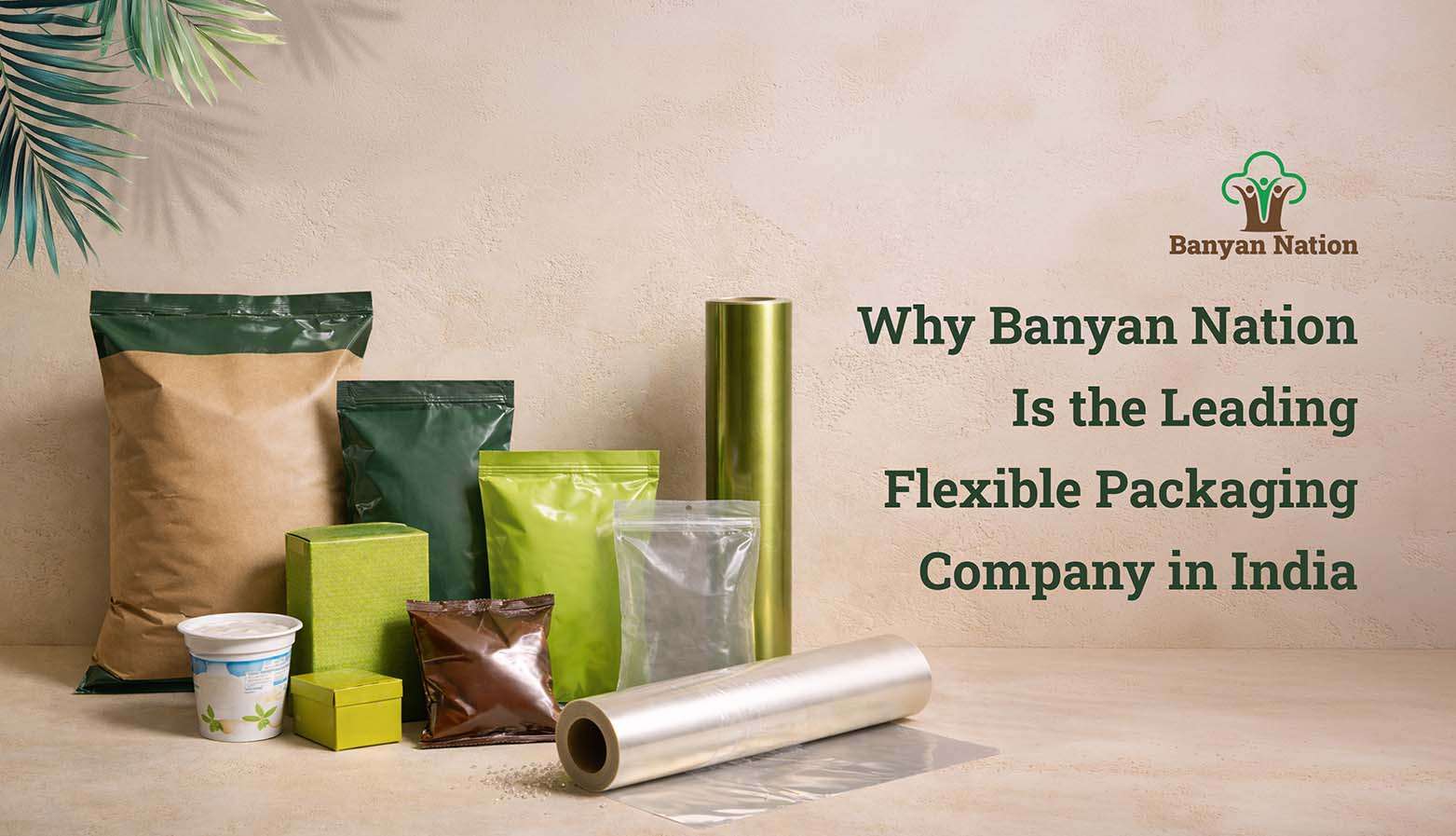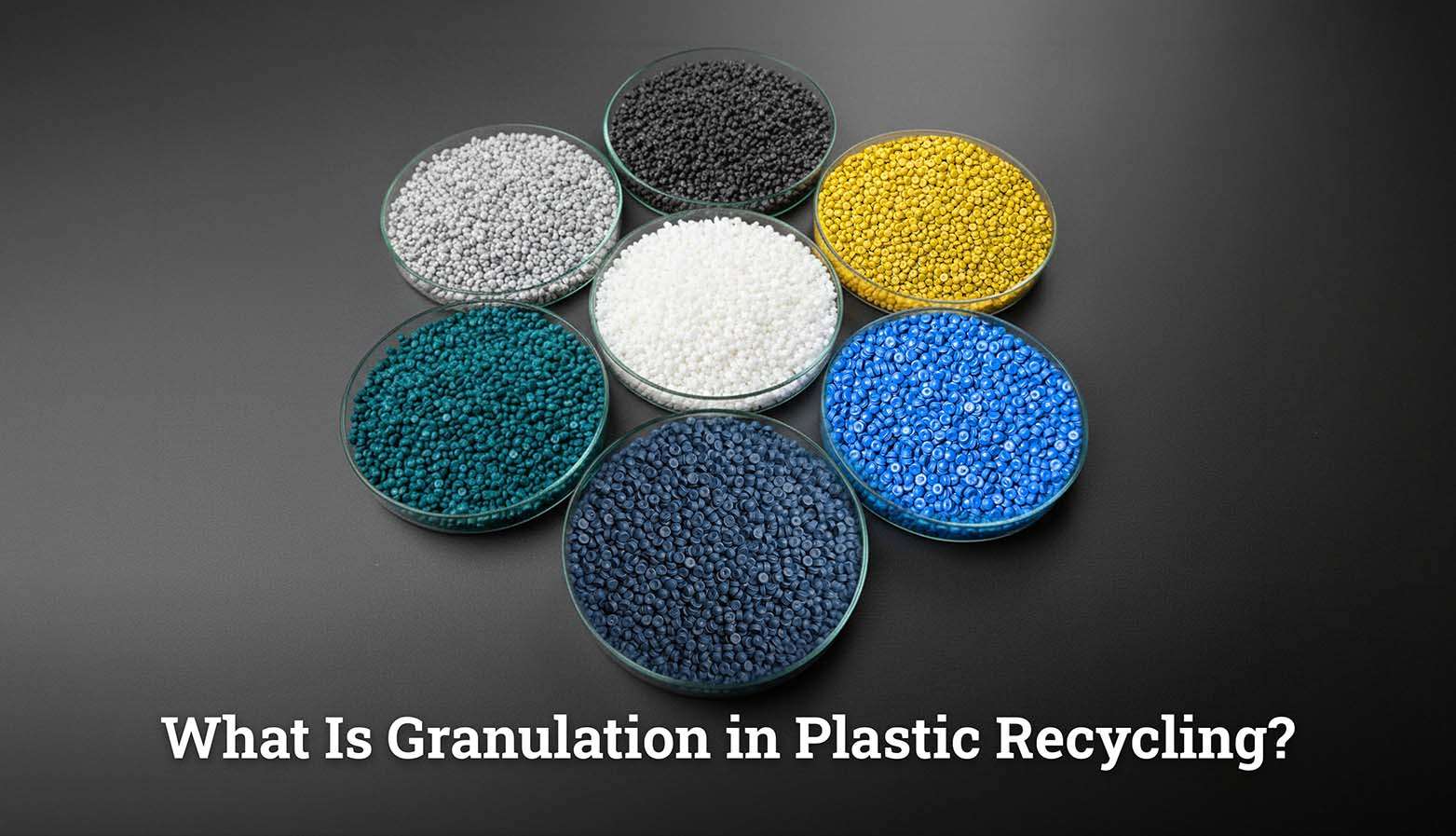The Union Budget 2024, put forth by the Indian Finance Minister Nirmala Sitharaman, promises to bring much-needed change in the plastic recycling sector. This budget is proposed with a key focus on sustainability and greener alternatives-something that brings incentives and modern reforms crucial for building plastic recycling infrastructure across India. This, in turn, is going to translate into an environment that will enable a strong plastic recycling industry as the government aims to create bankable projects for environmental improvements in major cities. Let us explore key provisions that could fast-track the country’s journey towards sustainable plastic recycling in India.
Key Announcements in the 2024 Budget Related to Recycling and Infrastructure
1. Solid Waste Management Initiatives:
Promotion of projects for waste management in association with state government and multilateral development banks to undertake projects for sustainable models for sewage treatment, solid waste management, and plastic recycling infrastructure in 100 large cities.
2. Critical Minerals Customs Duty Reduction:
Considerable reduction in customs duty on 25 critical minerals by exempting customs duty and reducing BCD on two other minerals, which are the basic raw materials for the manufacture of electronics, renewable energy, and high-tech equipment. Emphasis on recycling of critical minerals also somehow obeys the larger mantra of waste reduction and plastic recycling.
3. Critical Mineral Mission:
This will be realized by the recycling of critical minerals applied in various industries, including defense and telecommunication. This mission will be addressed through an EPR framework that makes producers responsible for the product life cycle to realize better recycling and waste management practices.
How Budget Provisions Could Change Plastic Recycling in India?
The provisions under the budget have far-reaching implications for the plastic recycling infrastructure in India. The effort could go a long way in enhancing the country’s ability to manage its plastic waste, something that certainly will continue to attract more environmental interest. Here’s how those provisions can change the landscape:
- The budget brought different incentives for green manufacturing for waste reduction, which encourages eco-friendly production techniques. This is vital to the plastic recycling industry because manufacturers are motivated enough to develop very friendly production methods.
- The budget has opened a window for private investments in plastic recycling while developing bankable projects on solid waste management. The financing mechanisms will attract more and more companies to invest in the infrastructure of plastic recycling, hence increasing capacity and efficiency.
- The Critical Mineral Mission underlines a drive for recycling critical minerals that is going to widen to plastic recycling, too, since firms incorporate sustainable practices into their daily operations. This way, materials will be efficiently recycled, which is essential for manufacturing and technology.
The Role of the Private Sector and Startups in the Plastic Waste Recycling Ecosystem
The private sector and startups play an ever-important role in driving innovation in plastic recycling. These startups alone have been leading in technology creation for more efficient and less costly plastic recycling methods.
1. Technological Advancements:
Incentives and subsidies by the government could help startups and private players improve processes for recycling, thus fastening the reduction in environmental impacts of plastic waste overall. Today, companies can invest in top sorting, shredding, and processing technologies that increase output within recycled plastic.
2. Partnerships with Multilateral Banks:
The emphasis the budget places on partnerships with multilateral development banks secures access to funding by private firms, opening up new opportunities for the plastic recycling infrastructure to grow. For instance, this could be with respect to the building of eco-parks with numerous functionally related recycling plants being located next to each other and encouraging economies of scale.
3. Circular Economy Models:
The use of circular economy models by the private sector ensures that plastic waste is minimal within every stage of the lifestyle of a product, from design to disposal. This will further fortify plastic recycling in India as companies close the loop on plastic usage, reducing reliance on virgin plastics.
EPR’s Role in Enhancing Recycling Practices
Extended Producer Responsibility is a critical link in the overall recycling framework that Budget 2024 prescribes. EPR brings accountability to producers for the products throughout their life cycle, including end-of-life management, and holds companies accountable for the waste their products generate.
The compliance requirements around EPR will be more stringent under the 2024 Budget, wherein manufacturers and producers should not only monitor but also recycle a certain percentage of the plastic they bring into the market. This will increase the demand for plastic recycling infrastructure and accelerate the recycling companies-manufacturer collaboration.
- Government Monitoring and Accountability:
The government will closely monitor compliance with EPR by various companies so that they can meet their EPR obligations. This, in turn, will promote better ways of recycling, hence an assurance of attaining sustainability in transforming waste management.
- Global Alignment:
The EPR framework responds to global trends, whereby countries are increasingly adopting more stringent regulations based on the principles of producer responsibility. Such changes will ensure continuity in growth within the plastic recycling industry with minimal detriments to the environment caused by plastic waste.
Conclusion
Budget 2024 has already set the stage for transforming the ecology of plastic recycling in India. The government’s efforts to incentivize, partner with, and promote different models of the circular economy will translate into a better future for plastic recycling infrastructure in India. The participation of the private sector, startup indulgence, and implementation of the EPR framework will be the key factors that will shape the future course of growth in the sector. With such plastic budget recycling provisions taking shape, the plastic recycling industry in India is bound to be more resilient, innovative, and greener.
FAQ's
What is the current state of plastic recycling infrastructure in India?
Though India is developing its plastic-recycling infrastructure, a lot of challenges still remain to be met. Different kinds of initiatives from the government and private sector notwithstanding, a large part of plastic waste generated in the country remains unmanaged, thereby becoming an environmental concern.
What is the role of the circular economy in plastic recycling?
The circular economy avoids waste by reusing, recycling, and repurposing materials. Plastic recycling, in application, needs to ensure less waste production of plastic and that plastics are retained in the economy for as long as possible.
What is EPR, and how does it relate to plastic recycling?
EPR regulations make the producers responsible for the waste of their products. That is, companies should be committed to collecting and recycling parts of plastic packaging they produce, thus encouraging good plastic recycling practices.
What challenges do India face in plastic recycling?
Plastic recycling is hindered in India due to some drawbacks, such as administrative infrastructure, the high cost involved in recycling processes, and general unawareness. The country needs a more serious deal in respect of investment in technology and improved regulations for a better pace of recycling.
How can various businesses in India be involved in plastic recycling?
It ensures companies will have to implement circular economy business models, comply with the EPR regulations, and invest in replicable plastic recycling infrastructure, including partnerships with startups, as well as governmental initiatives that could provide additional avenues for growth.

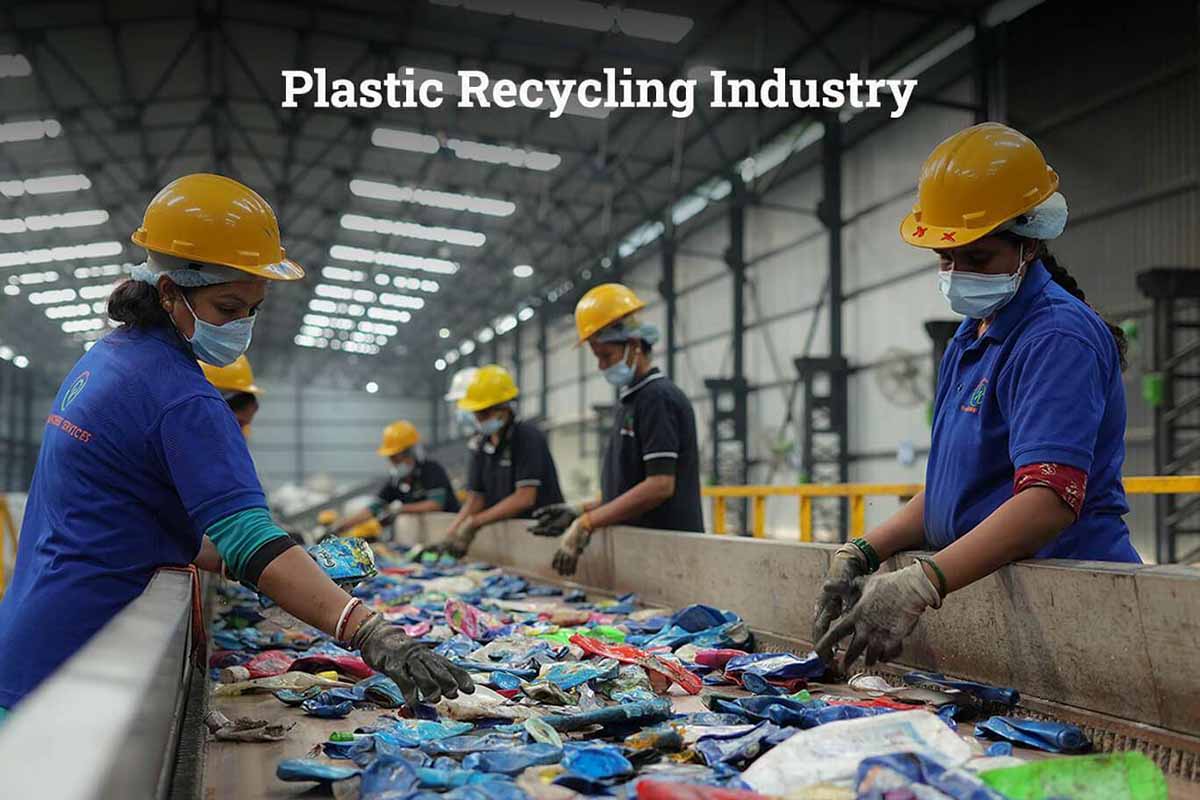
 What Are Flexible Pouches? Types, Uses, and Recycling Challenges
What Are Flexible Pouches? Types, Uses, and Recycling Challenges Why Banyan Nation Is the Leading Flexible Packaging Company in India
Why Banyan Nation Is the Leading Flexible Packaging Company in India What Is Granulation in Plastic Recycling?
What Is Granulation in Plastic Recycling?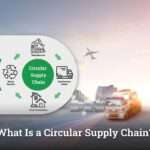 What Is a Circular Supply Chain?
What Is a Circular Supply Chain?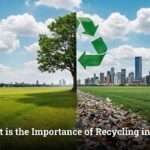 What is the Importance of Recycling in India?
What is the Importance of Recycling in India?